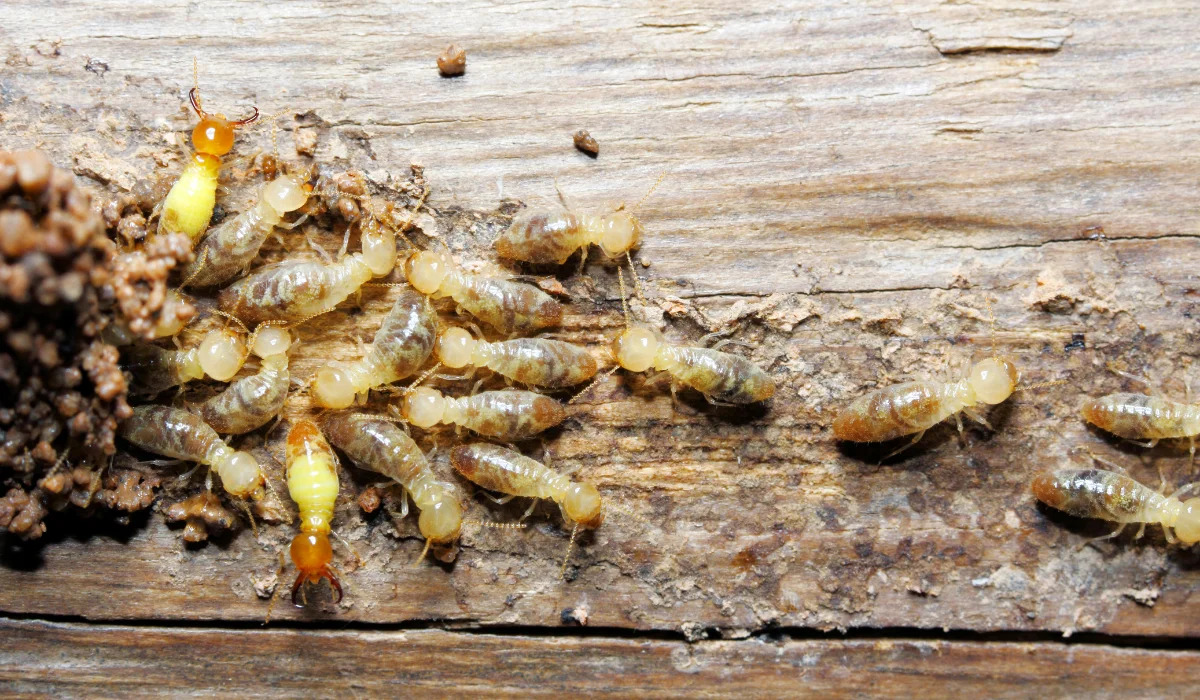Property Buyers Agents
-
Pest and Termite Treatment Plans That Actually Work
Dealing with pests and termites can be a daunting task for homeowners and property managers alike. These unwelcome guests not only pose a threat to the structural integrity of buildings but can also lead to significant financial losses if not addressed promptly and effectively. Understanding the various treatment plans available is crucial for ensuring a pest-free environment. This guide delves into the most effective pest and termite treatment plans that have proven successful across Australia. Understanding the Importance of Pest Control Pest services sydney is not merely a matter of convenience; it is essential for maintaining a healthy living environment. Pests such as termites, cockroaches, and rodents can carry diseases,…
-
Why Hiring a Sydney Buyers Agent Is Essential for Building or Renovating Your Dream Home
Building or renovating a dream home in Sydney is an exciting venture. From design to finishes, every detail matters. However, the journey can quickly become overwhelming without the right guidance—especially when navigating the city’s highly competitive property market. Whether you’re buying a property to build on or seeking the ideal renovation project, partnering with an experienced Sydney buyers agent can significantly streamline the process and elevate your outcomes. In this article, we explore how these professionals offer critical advantages, particularly when planning a high-end home project. What Is a Sydney Buyers Agent? A Sydney buyers agent is a licensed real estate professional who works exclusively on behalf of the buyer.…
-
How Property Buyers Agents in Eastern Suburbs Help You Secure the Right Luxury Home
Finding the perfect luxury home in Sydney’s eastern suburbs is more than just a real estate transaction—it’s a high-stakes journey involving time, strategy, and inside knowledge. Whether you’re a seasoned investor or a first-time prestige homebuyer, working with a skilled property buyer’s agent can be a game-changer. In this article, we explore how property buyers agents Eastern Suburbs can help you navigate the competitive luxury market with confidence and success. Why Sydney’s Eastern Suburbs Are a Luxury Hotspot The eastern suburbs of Sydney—such as Vaucluse, Bellevue Hill, Double Bay, Bronte, and Bondi—are known for their breathtaking coastal views, architectural sophistication, and elite real estate market. These neighborhoods are in high…


